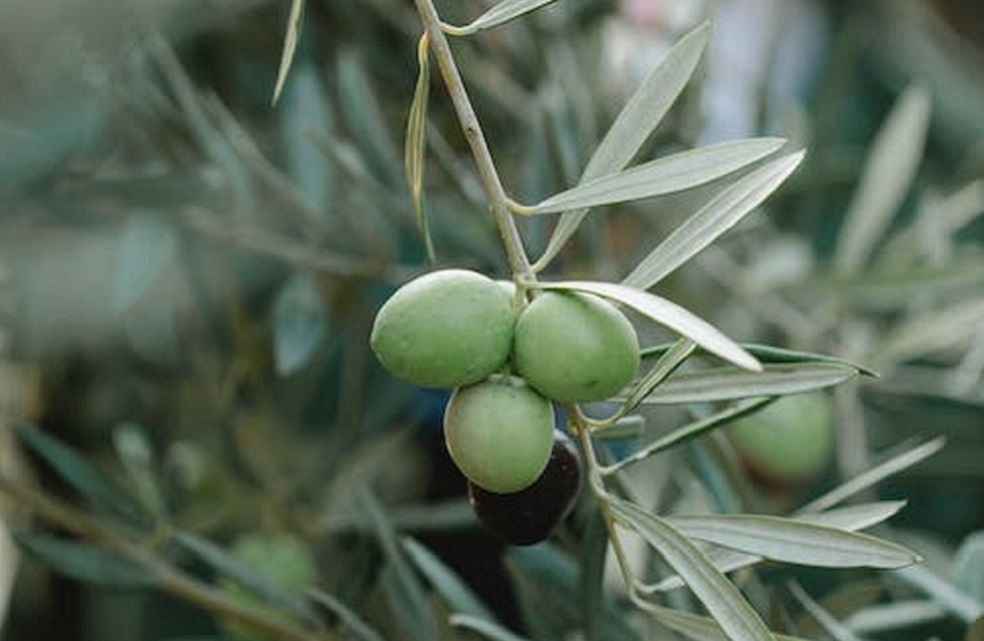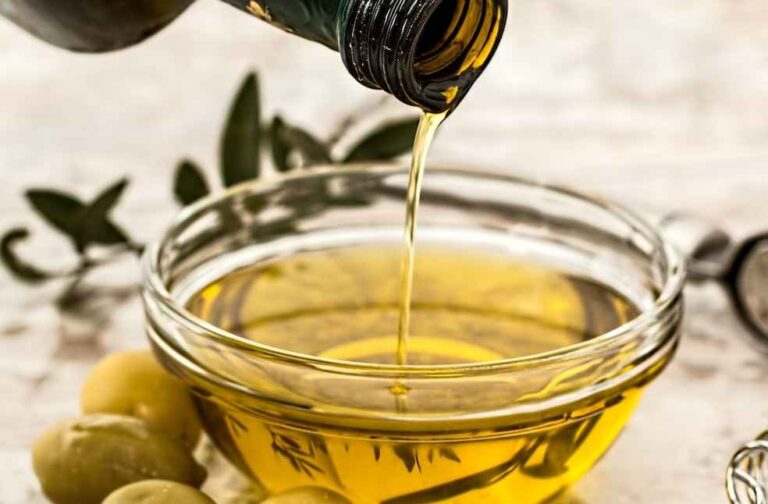Tunisia, a globally recognized olive oil exporter is setting its sights on expanding its olive oil exports to South Korea. Exporters envision this move to augment the nation’s market share in the international olive oil industry.
The recent Korea Import Fair in Seoul, from June 29th to July 1st, cast a spotlight on Tunisia’s ambitions. The Tunisian Export Promotion Center and the Tunisian embassy stationed in South Korea joined forces to present an array of Tunisian agri-food offerings.
Boughedir Ahmed, an official from the Tunisian embassy, stressed the event’s objective: to amplify the global presence of Tunisia’s agricultural bounty and branch out its exports toward Asia.

The Observatory of Economic Complexity highlights Tunisia’s significant olive oil exports valued at $690 million during 2021, bolstering its standing as a leading olive oil exporter. Given its geographical closeness to Europe, the majority of Tunisia’s agricultural produce finds its way northwards across the Mediterranean Sea. Likewise, Europe stands as the primary source for most of Tunisia’s import needs.
Yet the landscape is shifting. Tunisia’s exports to South Korea have swelled annually by 8.8 percent over the past 26 years, peaking at $87.8 million in 2021. Key exports included scrap copper, crustaceans, and plastic products, with rail transport and cars making up the majority of South Korean exports to Tunisia.
During the food fair, Tunisian producers seized the opportunity to showcase their olive oil products, while scouting for dependable trading alliances. “We have olive oil, which is already famous in the market, but we are not satisfied with the quantity sold in Korea. We know that we have one of the best products in the world, and we are among the top three exporters in the world, but to be frank, we have a very small market share in Korea.” Ahmed stated.
South Korea’s affinity for olive oil has spiked, finding its way into local cuisines, instant noodles, Korean fried chicken, and even beauty and hair products. In 2021, South Korea emerged as the 12th largest importer of olive oil globally, mostly sourced from Italy, Spain, the United States, Turkey, and Australia.

Despite this competitive landscape, Tunisia perceives untapped potential in escalating the market share of its individually-packaged exports. These exports hold greater economic and social benefits compared to traditional bulk exports. This perspective coincides with the increasing interest from Southeast Asian investors who are turning to Tunisia to satiate the emerging demand for olive oil.
Ahmed remains assured about the Korean market’s potential to appreciate the quality of Tunisian products. “We will keep participating in different exhibitions and trying to keep going until we find the good alchemy between our products and the Korean market. We are aware that it will take time, but the Korean market will understand the quality of Tunisian products. I’m sure they will.” he affirmed.
LATEST NEWS | Vietnam, Israel Seal Landmark VIFTA: Boosting Trade and Diplomatic Relations



